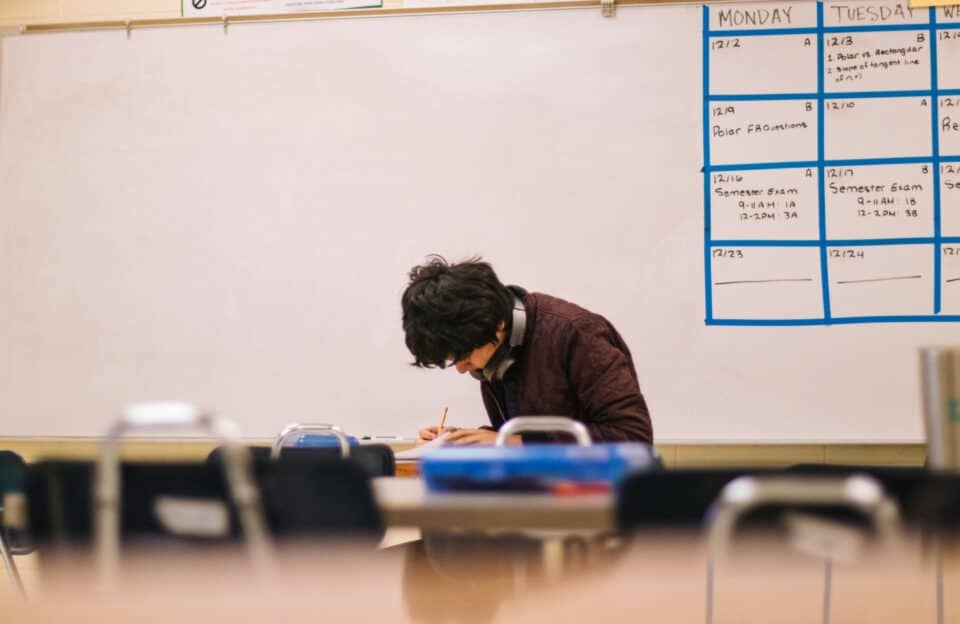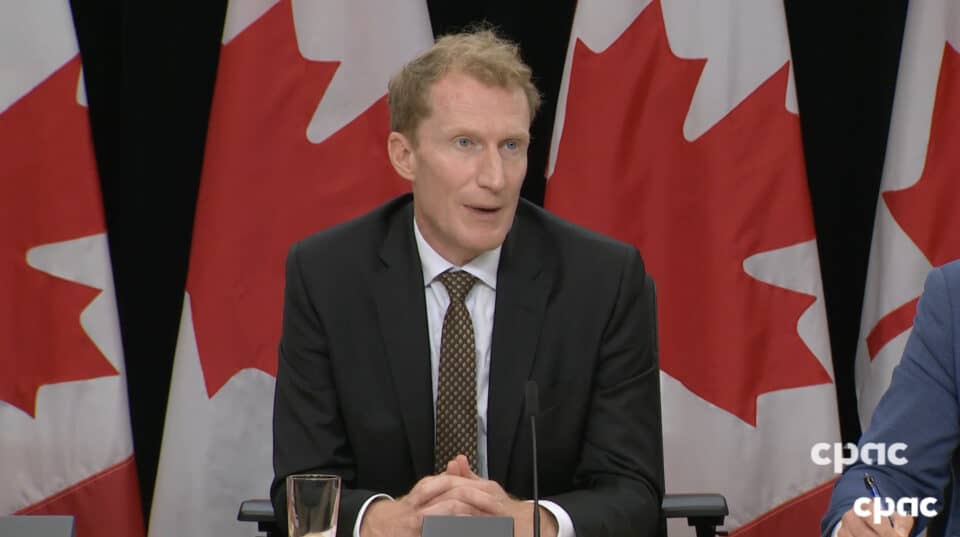As day three of Senate hearings on the ESOS Amendment Bill came to a close on September 6, the federal government began issuing letters to VET providers, informing them of their projected enrolment caps for 2025.
The government had previously announced an overall cap of 95,000 international student commencements for VET providers for the calendar year 2025. The individual numbers have not been made public by the government yet, but some providers have spoken out, expressing concern over the indicative numbers.
CEO Ian Aird said from speaking with a number of its member colleges that also deliver vocational programs, some of the enrolment caps given for 2025 are “devastating”.
“In the coming days, we will be reaching out to members to talk, to gather data, and to better understand the situation,” wrote Aird on
“Right now, our chief concern is the people badly impacted. We are hearing that in some cases the limits are so bad as to mean imminent campus and college closures, significant job losses, and students ejected with nowhere to go.”
“So soon after the Covid border closures caused devastation, after the massive effort to survive and bounce back, we know this will be not just a financial blow. This is emotionally devastating.”
Further drawing attention to the impact the caps could have on stakeholders’ mental health, Aird urged those in need to reach out for professional support, citing resources such as and LifeLine.
“In the face of this government’s cavalier and reckless treatment of this sector’s business owners, workers, and students, we must stand together and support one another,” he said.
Cristine Russell, founder and managing director of , revealed that one of its RTOs has received an of just 12 international student commencements.
“How can any vocational private provider survive with just 12 students per annum as their new quota for 2025? No one can, hence the existing government wants RTOs to close down. Very sad.”
Co-founder and managing director of , David Yoo, described the provider limits as a “subversive campaign to evade accepting responsibility for government enforcement failure”.
Like other providers we are now at risk of not being able to meet the various regulatory financial viability risk standards in 2025 and beyond
David Yoo, APC Education Group
“Like other providers, we are now at risk of not being able to meet the various regulatory financial viability risk standards in 2025 and beyond,” said Yoo.
“By using 2023 as the base and by institution instead of leaving it at a national level, they are rewarding the bad actors who pumped up their enrolments under Ministerial Direction 107 and penalising those who looked to diversify our student mix from different countries.
“Can you imagine the government telling hotels and restaurants how many international guests they can have and from where?”
Victorian Treasurer, Tim Pallas MP and Victorian Minister for Skills and TAFE, Gayle Tierney MP, co-signed a letter addressed to education minister Jason Clare sharing their concerns on the potential negative impacts resulting from the proposed cap on enrolments. They raised concerns for the states’ TAFE providers in particular.
“Victoria’s slower recovery following the pandemic should be considered, in particular for Victoria’s TAFEs, which are low risk, high quality and government backed,” the letter read.
“The suggested capping for Victorian TAFEs’ international student numbers to 2023 levels will be a significant challenge.”
They highlighted that Victorian TAFEs onshore international student commencements fell to their lowest level in 2022, only slightly increasing in 2023, which was “still more than half of commencements compared to 2019”.
According to Pallas and Tierney, to date, there has been a lack of genuine consultation with states, territories and education providers and they reminded Clare that a decision of this nature is “not reversible in the short term”.
Instead, it’s one that they believe will have a “decade-long adverse impact on the perception of Australian universities held by the potential international student diaspora”.
Meanwhile, a against the government’s proposed policy changes titled Destruction of Australia’s International Education Industry: Protect Jobs and the Economy is gaining traction, garnering over 3,000 signatures so far.
Organisers of the petition say the ESOS Amendment Bill “completely undermines the contribution of International Students in Australia and overlooks the devastating effects it can cause to the second biggest export industry, international education, by ruining the economy and jobs if passed as it is”.
As part of its asks, the petition is therefore calling on government to “implement a robust and transparent mechanism within the ESOS Bill to manage the distribution of caps, ensuring that decisions are made based on clear criteria and with input from all relevant stakeholders”.



